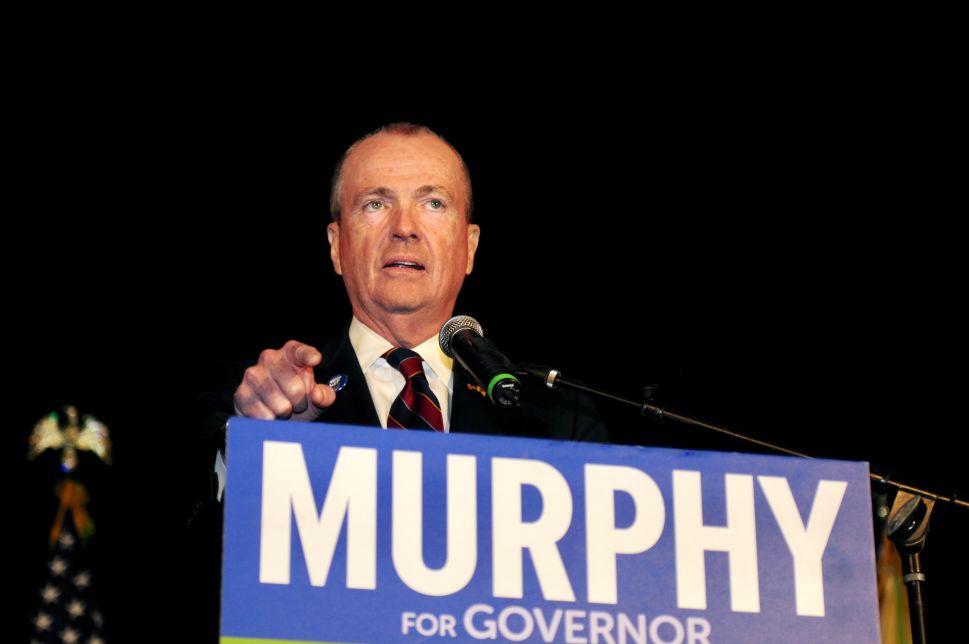
Gov. Phil Murphy signed a bill into law on Wednesday that will make New Jersey the second state in the nation with an individual health insurance mandate, requiring all Garden State residents to have health coverage or pay a penalty.
The new law (A3380) is in response to President Trump’s tax overhaul, which repealed the federal mandate established under the Affordable Care Act. New Jersey lawmakers and experts warned that premiums would rise without the mandate because younger and healthier people would leave the state’s Obamacare market.
“Protecting the viability of the individual mandate is needed to maintain a foundation for the insurance market and to allow the success of the ACA to continue,” Sen. Joe Vitale (D-Middlesex), a sponsor of the bill, said in a statement. “New Jersey has benefited from the health care law, and we want to see that those benefits continue. It has made health care more affordable and more accessible, especially for those in need.”
The statewide mandate takes effect on Jan. 1, 2019.
In 2015, nearly 189,000 New Jerseyans collectively paid $93 million in fees, averaging roughly $500 per person, for not complying with the federal mandate, according to the Office of Legislative Services.
Funds from the new statewide mandate would go toward a reinsurance program, which would defray the costs of the most expensive patients. Murphy signed the measure (S1878) creating the reinsurance program on Wednesday as well.
Massachusetts became the first state to adopt an individual mandate in 2006. That law served as a model for the mandate included in the Affordable Care Act, which was signed into law by former President Barack Obama in 2010.
Congressional Republicans failed to scrap the federal health law last year, but successfully repealed the individual mandate as part of the federal tax overhaul enacted in December.
New Jersey Policy Perspective (NJPP), a left-leaning think tank, warned that if the individual mandate was not restored, the number of uninsured in New Jersey would have climbed by up to 300,000 over the next decade and premiums would increase about 10 percent.
“The legislation signed by Governor Murphy sends a powerful message to Washington that New Jersey will not allow the Affordable Care Act to be sabotaged,” Raymond Castro, director of Health Policy at NJPP, said in a statement. “These policies should stabilize New Jersey’s healthcare market and further the state’s progress in reducing the uninsured and keeping premiums affordable.”
New Jersey GOP Committee Chairman Doug Steinhardt blasted the state mandate, calling it “another example of government inserting itself where it doesn’t belong.”
“This mandate is more bad news for some of New Jersey’s most vulnerable residents,” Steinhardt said in a statement. “It levies a penalty that falls mostly on New Jersey’s low-income families and millennials. Proving once again that no demographic is safe from the Governor’s ultra-liberal agenda, we should be looking out for the State’s most vulnerable, not mandating policies that force them to shoulder additional burdens.”

